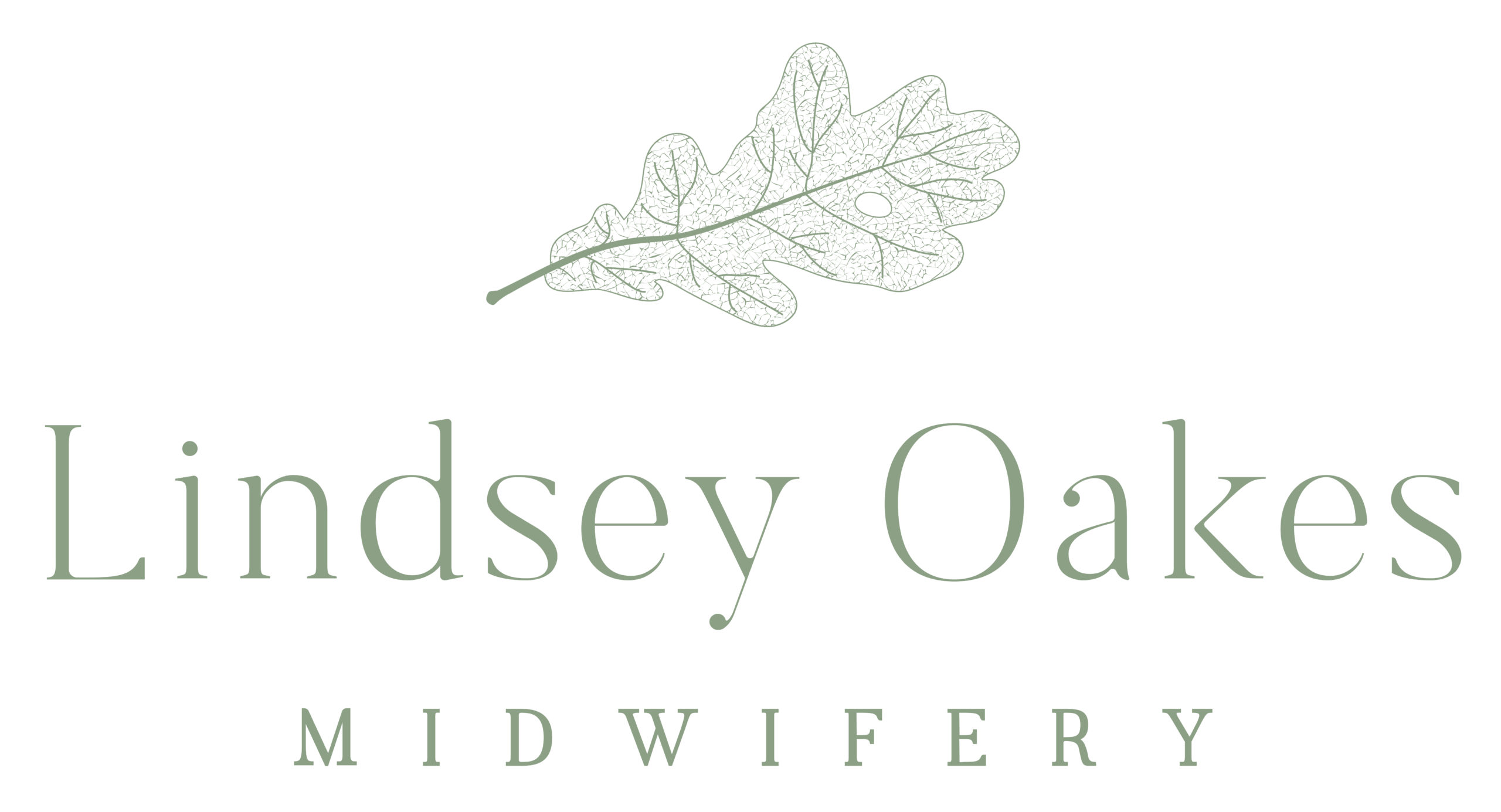It surprised me, when I moved to San Diego to attend University, to discover the majority of my peers grew up seeing their doctors regularly. I was raised in a family of tough and healthy people, and when someone needed medical assistance, they went to the stereotypical stern older doctor in a white coat, took the prescribed antibiotics, and went on their way. Annual checkups cost money whether the individual is insured or not, and in this country not all individuals have expendable incomes and access to affordable healthcare. My family was no different, so I, like the members of my extended family, viewed healthcare as “sick care,” and turned to the matriarchs of the family for tricks and solutions for minor problems. My grandmother knew it all, from the flu to dandruff to tantrums. She wasn’t a midwife, and wasn’t a healer, and yet the antithesis of the medical system as I knew it. There began my introduction to holistic healthcare.
The first time I recall learning about midwifery care was in my junior year of university, resting up from the flu in bed with Netflix while watching a series called Call The Midwife. Something clicked for me, and thus began my journey of not pursuing the field in which I studied so hard to learn. After graduating, I became fascinated with midwives, midwifery care, and body autonomy. The concept of shared responsibility and informed choice seemed so obvious, and in stark contrast to what I’d grown up thinking of healthcare. Once I knew what was possible with reproductive health, my path to becoming a community midwife began. I’ve been on this path for six years, nurturing my strengths and failures, holding space for tears and joy, and shadowing some of the most wonderful midwives in existence. Though six years may not be a long time, it’s a fifth of my life. What an impactful fifth it has been.
There are beautiful moments–shared happy tears when a family cradles their newborn, supporting the older children with the fetoscope as they listen to their sibling, answering the many questions friends and family are too embarrassed to ask anyone else. It’s that shared happiness that kept me on this path. Building relationships with my community through healthcare is something I never imagined growing up. I’d like the future generations to know what a midwife is, and that they too have a say over how they receive healthcare.
Then, there are difficult moments. Missing holidays, birthdays, funerals, and weddings. Losing my grandmother in the middle of my studies. Hard conversations, anger, and tears. Sleepless nights, back to back births, and not having all the answers. This work is humbling, jarring, and challenging. Holding space–I didn’t even know what that meant when I began as a student. Learning is anything but linear, and making mistakes feels forbidden and heavy.
The truth is, healthcare doesn’t hold all the answers. Nor do healthcare providers. Birth is only one facet of the work of midwives, albeit the most publicized and recognized. I’ve seen midwives spend hours on the phone, talking current clients through a miscarriage or divorce, past clients through health and parenting struggles, or prospective clients that haven’t ever heard of midwifery care before they became pregnant. I’ve listened to midwives and families barter the cost of care, because insurance won’t cover home birth and living paycheck to paycheck doesn’t leave room for a medical bill. Hours and hours spent, pouring over textbooks and current research, discussing the ins and outs of health and wellness and reproduction. There have been moments where I struggled to see the end in sight, partly due to sleep deprivation, but also at the horrifying state of the healthcare system in the United States.
What midwifery care provides is so much more than a short paragraph on a website or a picture on instagram after a homebirth. Midwifery care is taking labs, providing pap tests, taking vitals, and HIPAA compliance. Midwifery is political. Midwifery is fighting for the right for body autonomy, even when our personal choices differ from those of our clientele. Midwifery is about life, and death, and the years or hours or moments in between. I may be in the twilight stage of my apprentice phase, but the beauty of being a student is to be skeptical of all I see and learn, and find out what being a midwife means to me. And maybe I won’t ever be the healer my grandmother was, or anything like the cast of Call the Midwife. Maybe I’ll spend the rest of my life searching for the answers to all of the questions, reading every book, and taking every workshop.
Midwifery care means something different with every client I attend. Midwifery care is bodywork, co-regulation, reclamation, and the reallocation of power. Midwifery care honors the midwives and healers that passed along this knowledge, and the bright eyed three year olds that listen to their sibling’s heartbeat for the first time. Midwifery care is learning and unlearning and relearning, all with the hopes of becoming a better midwife. It surprises me that I grew up not knowing how fulfilling healthcare could be, with a provider that cared more about health than sickness.
